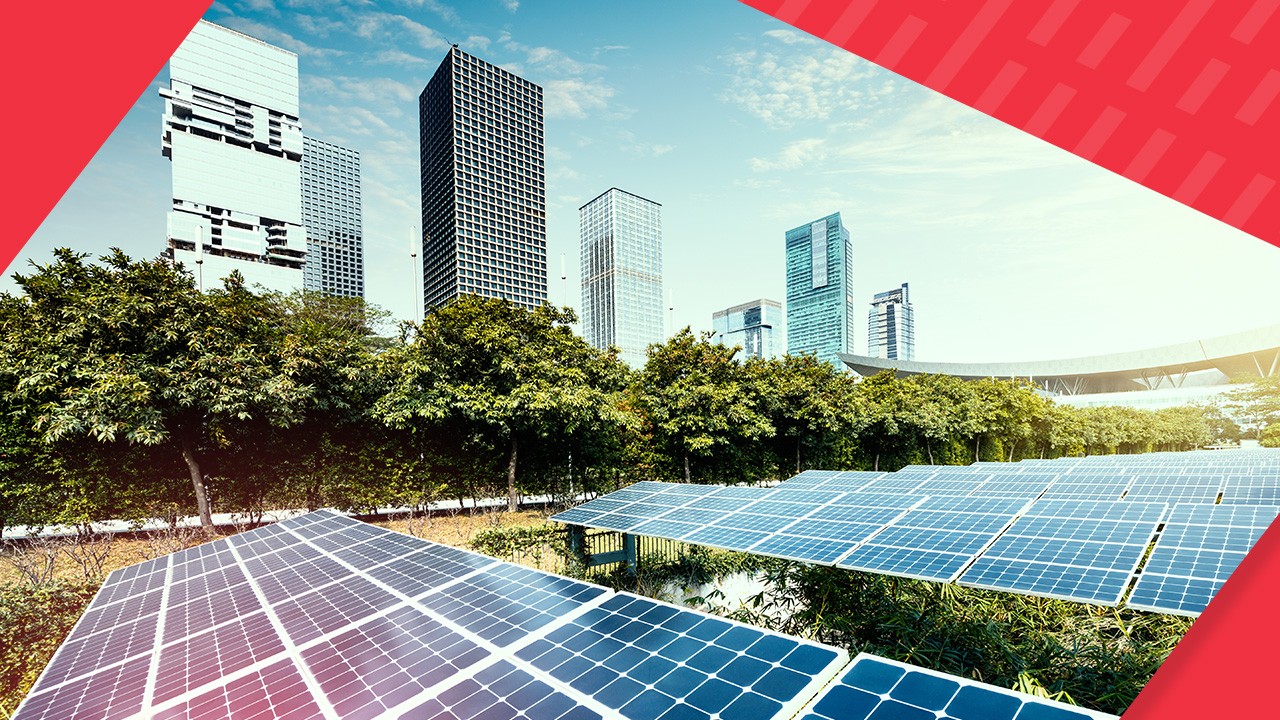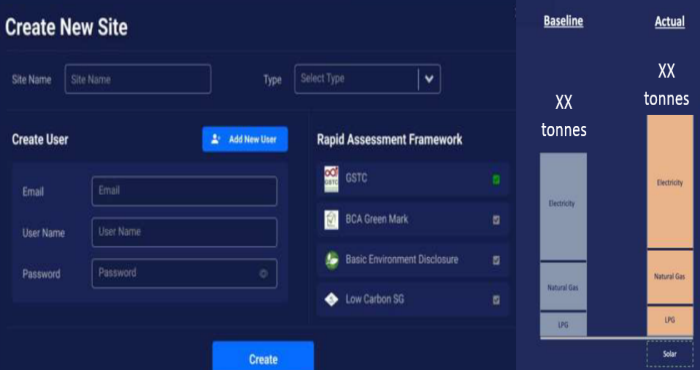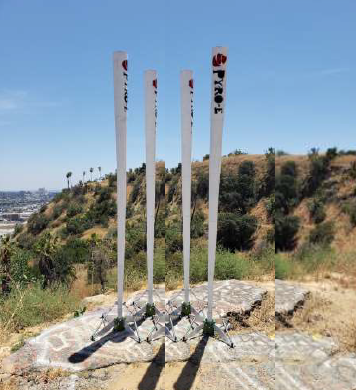
10 min read
The opening of Singapore borders and the easing of travel restrictions over the last few months has brought the moment all tourism businesses have been waiting for: a return to normalcy.
There is no better time to seize this opportunity to build a more sustainable tourism sector that will help future-proof the industry for generations to come.
To support the tourism industry, STB has launched the Tourism Sustainability Programme (TSP) to provide tourism businesses with resources and embark on expanding the sustainability offerings. The TSP will focus on three main areas -1) capability and growth, 2) innovation, and 3) education and awareness.
Find out more about the Tourism Sustainability Programme (TSP) and Singapore’s three-pronged sustainability strategy here.
The two questions on many tourism stakeholders’ minds are :
- How can we translate this strategy into action?
- Is this feasible in a time when we need to focus on business recovery?
The great news is that more and more businesses are realising that sustainability isn’t just good for the planet, it has also helped many cut costs by helping them use resources more efficiently. While utilities like electricity and water bills may seem like fixed costs, there are technologies out there that can shave off these expenses providing a long-term ROI with scalability effects.
At a recent press conference, Chief Executive for the Singapore Tourism Board Keith Tan, said:
“Think expansively about sustainability. It’s not just about reducing carbon emissions, as important as that may be. It’s about how you optimise your use of resources. Please don’t forget that our power bills will all be going up in the coming months. It’s about how you manage your waste and water usage and how you design your buildings, your facilities, and your operational processes in order to have greater levels of sustainability.”
Not only does using resources more efficiently help companies cut costs, it also helps them future-proof their business and attract eco-conscious travellers. As resources like water become more scarce and others like energy become more expensive, the adage “waste not, want not” will be even more important.
But just what are the best technologies to invest in and how can we introduce them successfully into our organisation?
Just like any change, building a more sustainable business requires both the help of new technology and a shift in mindset. That’s where the Singapore Tourism Board steps in.
To support green innovation, STB created the Singapore Tourism Accelerator which is being used as a test-bed to identify new, sustainability-focused solutions that will future-proof the travel and tourism industry. After going through the four month programme, successful tech startups are matched with partnering tourism businesses to conduct a test pilot.
Last month, we wrote about how to use change management to introduce a successful digital transformation. In this article, we will introduce two up and coming sustainability startups that have gone through the accelerator programme. Their innovative, new solutions promise to help tourism businesses through their green transformation by arming them with the data and insights they need.
Optimising energy consumption
One of the biggest barriers companies face when optimising their energy consumption is simply having the data needed to visualise how much energy is being consumed. Even after capturing that data, the next hurdle is understanding how to analyse and interpret data into actionable insights. As Chen Chiu-Hao, CEO and founder of Evercomm, explained:
“Most companies still use email threads, Excel sheets, and third party reports to manage and track their sustainability-related initiatives.”
That’s where Evercomm has excelled. Since 2013 they’ve been partnering with businesses across industries to help them introduce IoT devices that capture the energy consumption of common equipment such as chillers, pumps, solar inverters, backup generators, furnaces, and boilers. But, while there are many companies now providing IoT solutions, perhaps the reason why they’ve been so successful is that they don’t just provide the technology.
“Our team works closely with the client throughout their digital transformation journey, guiding every step. We cover the whole process from development, including consultancy and defining the KPIs, to commencement, and then we manage the deployment and continual refinement.” — Evercomm Team
Once customers begin receiving real-time energy consumption data, Evercomm’s team provides training on how they can use this information to pinpoint the areas where energy consumption can be optimised, thereby also cutting energy bills.
“Navigating through complicated sustainability reporting frameworks and managing the various ongoing initiatives can be very time-consuming and costly due to the intensive manual labour and third-party experts needed. We are helping tourism businesses cut these costs by simplifying their sustainability reporting and performance tracking via digitization with AI and guided recommendations,” Chiu-Hao said.
This tailored end-to-end approach and focus on sustainability won them a spot on Singapore Tourism Board’s Accelerator Programme. For Chiu-Hao, participation was a great way to connect with other startups and businesses that are pushing Singapore’s sustainability movement forward.
“We believe a collaborative approach is the only effective way to progress the sustainability agenda on a larger scale as no one organisation can handle every problem related to sustainability. The Singapore Tourism Accelerator programme helps facilitate and bring together the various ecosystem stakeholders into one place so it's easier to collaborate and innovate together.”
Through the Accelerator programme, Evercomm is now conducting a pilot with Pontiac Land Group. For Leong Mun Cheng, Pontiac’s Strategic Procurement expert, the decision to partner with a tech startup was clear.

“With sustainability taking centre stage in many organisations now, technology has become a necessity for us to keep track of all the initiatives driven by all the various assets within the organisation so we get alignment across the board, in addition to a meaningful dashboard for management reporting.”
What’s more, Mun Cheng believes wider tech adoption is enabling the hospitality industry to continue operating, in spite of smaller staff numbers:
“Technology has become a necessary enabler to help hotels continue providing great experiences for our guests. With a detailed study on the returns, the gain in manpower savings has definitely helped hotels become more productive in their operations.”
Harnessing alternative energy
To reduce consumption, we will need to find new sources of green energy to power our businesses. Green energy alternatives, from solar to wind power, could help the tourism sector lower its carbon footprint, while generating the energy to meet our needs. Electricity harvested from mechanical vibration is cheaper than chemical storage by overcoming weight, size, reliability, degradation, and disposal limitations.
Pyro-E has a unique wind power solution to electrify cities. They developed a vibrational harvesting technology that allows companies to collect energy from low-frequency, intermittent winds. The system could retrofit buildings and rooftops and opens the door for greener cities. The technology overcomes the space constraints unlike traditional wind turbines, which require open space and large interspacing, adaptable to only rural lands. The spacing saving advantage brings down the cost of ownership as well as the levelized cost of electricity to be competitive with the grid.

Participating in Cohort 5 of the Singapore Tourism Accelerator, they’re now conducting a pilot programme with Mount Faber Leisure Group, one of Singapore’s leading operators of a suite of leisure and lifestyle services at Mount Faber Peak and Sentosa. Their long-term goal is to harvest renewable energy to create emission-free electricity that will be used to power the Group’s attractions and F&B.
As Pyro-E founder, Kevin Lu, explained, participation in the Singapore Tourism Accelerator really helped to launch their product within the tourism sector:
“It helped us bring greater awareness of our technology to Singapore’s tourism industry through networking opportunities and direct connections with potential customers. This helped us showcase and develop our product for wider commercialisation.”
For the next Accelerator run, STB will be broadening the scope to develop sustainability-related technology solutions even further. We welcome innovative technology solution providers that can track, monitor, and achieve the sustainability goals of tourism businesses to submit proposals. Please fill out this form to submit your interest.

